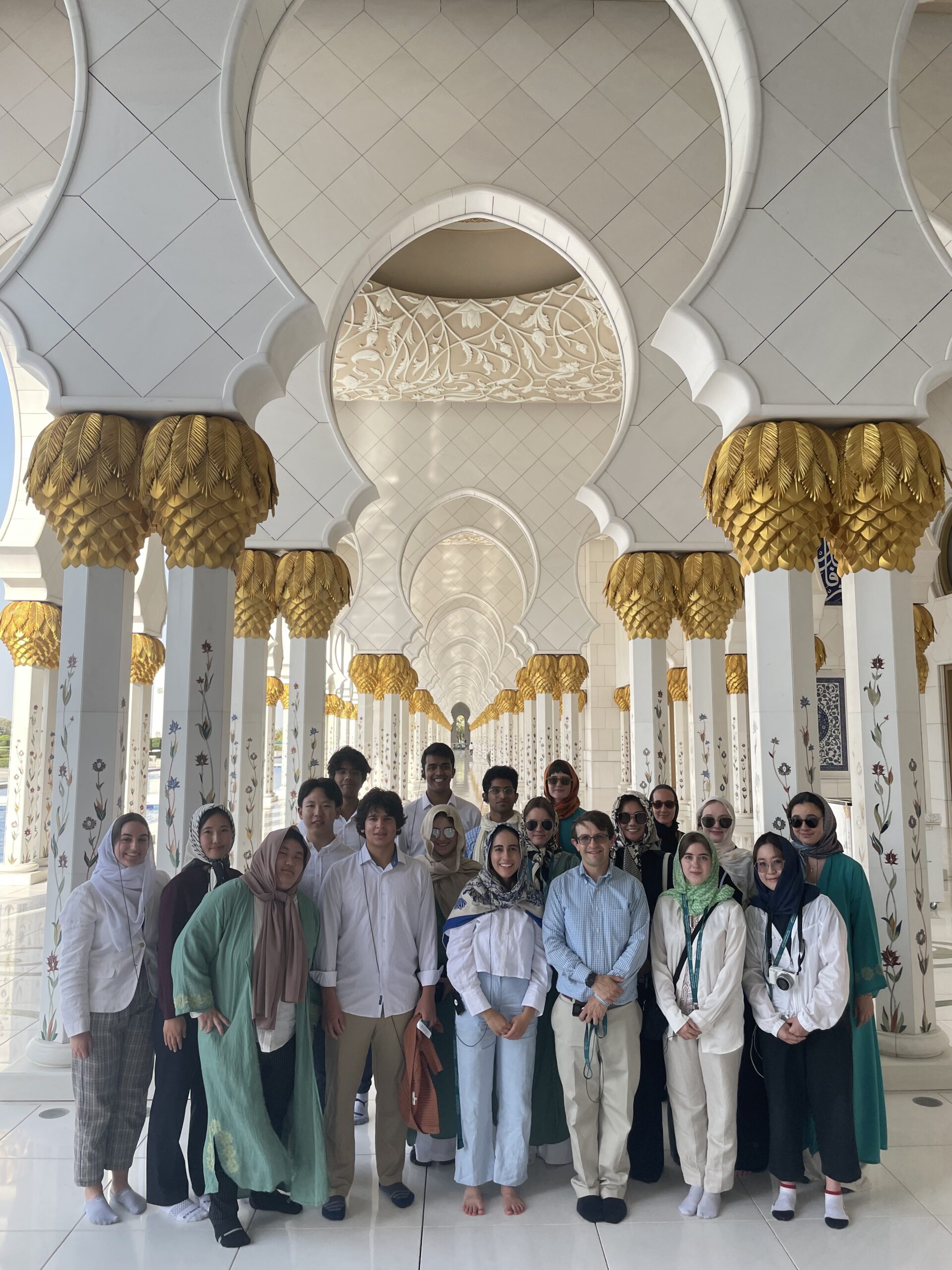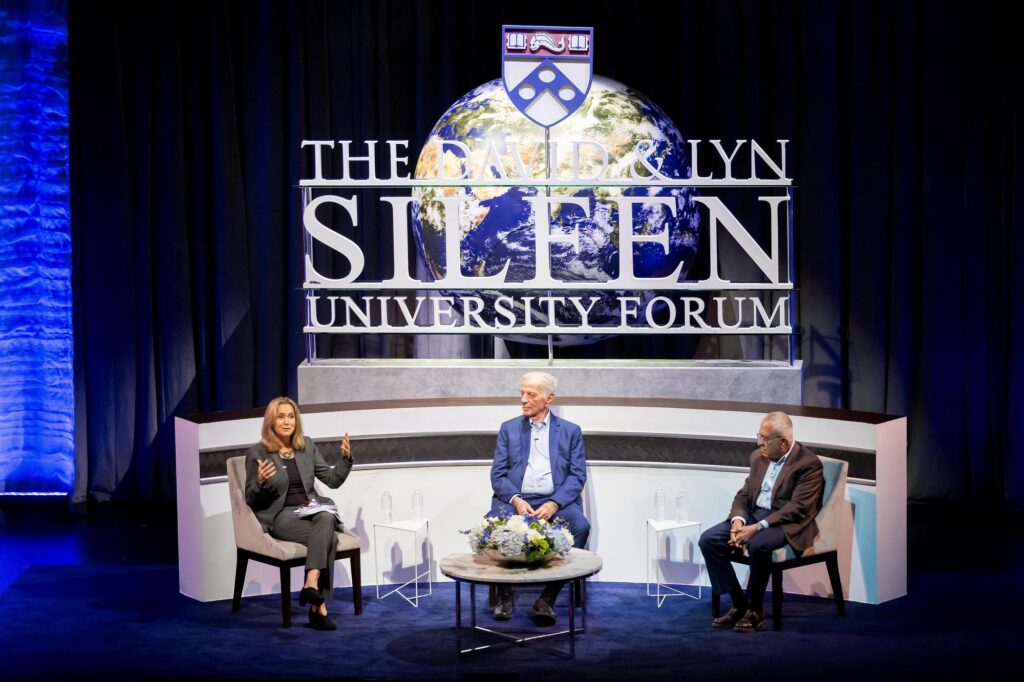Middle East
Penn & the Middle East
Penn’s enduring ties with the Middle East reinforce the university’s dedication to impactful global engagement.
In the late eighteenth century, Penn was the first American university to offer Hebrew and Arabic language instruction and, in the late nineteenth cenutry, the Penn Museum was founded to house artifacts from a Penn-led archaeological expedition to Mesopotamia, during which the ancient Sumerian city of Nippur was first excavated.
Since then, the University has consistently pursued deeper engagement with the Middle East. 1965 following an investment from the U.S. government to train a new generation of experts, translators, and diplomats, the Middle East Center – originally the “Near East Center” – was founded to promote the interdisciplinary study of the region, particularly Arab countries and Israel, Turkey, and Iran. In 1993, following a long history as the Dropsie College for Hebrew and Cognate Learning, the now Herbert D. Katz Center for Advanced Judaic Studies merged with Penn and maintained its focus on a post-doctoral fellowship program.
Today, Penn offers an array of opportunities for the study, understanding, and engagement of the Middle East and Judaic scholarship through language courses, including less commonly taught languages such as Ottoman Turkish, immersion and internship opportunities, events and workshops, and research programs.

Did You Know?
Penn students, on average, participate annually in credit-bearing study abroad programs in the Middle East.
Pictured Left
Professor Scott Moore (front row, third from right) of the Department of Political Science, led a Penn Global Seminar in 2023 focusing on China’s climate policy and its role in the global energy transition away from fossil fuels. Students explored the barriers and challenges related to meeting China’s ambitious climate commitments in part by examining a solar energy project in the United Arab Emirates built and largely financed by Chinese entities. The course was made possible by Penn’s China Education Initiative.
Penn & the Middle East
Campus Initiatives
Penn actively connects with the Middle East through a variety of initiatives and curatorial collections that promote academic cooperation, research advancements, and student exchange.
In Focus
Silfen Forum on ‘Waging Peace’
At the 2024 David and Lyn Silfen Forum, former Prime Minister of the Palestinian Authority Salam Fayyad and former Israeli Ambassador Itamar Rabinovich spoke about dialogue and diplomacy in the Middle East. The forum, established in 2009, was created to foster conversation and debate regarding important contemporary issues.

Penn & the Middle East
Campus Centers
Explore the centers and departments at Penn prioritizing the study and understanding of the Middle East and Middle Eastern languages, cultures, and scholarship.